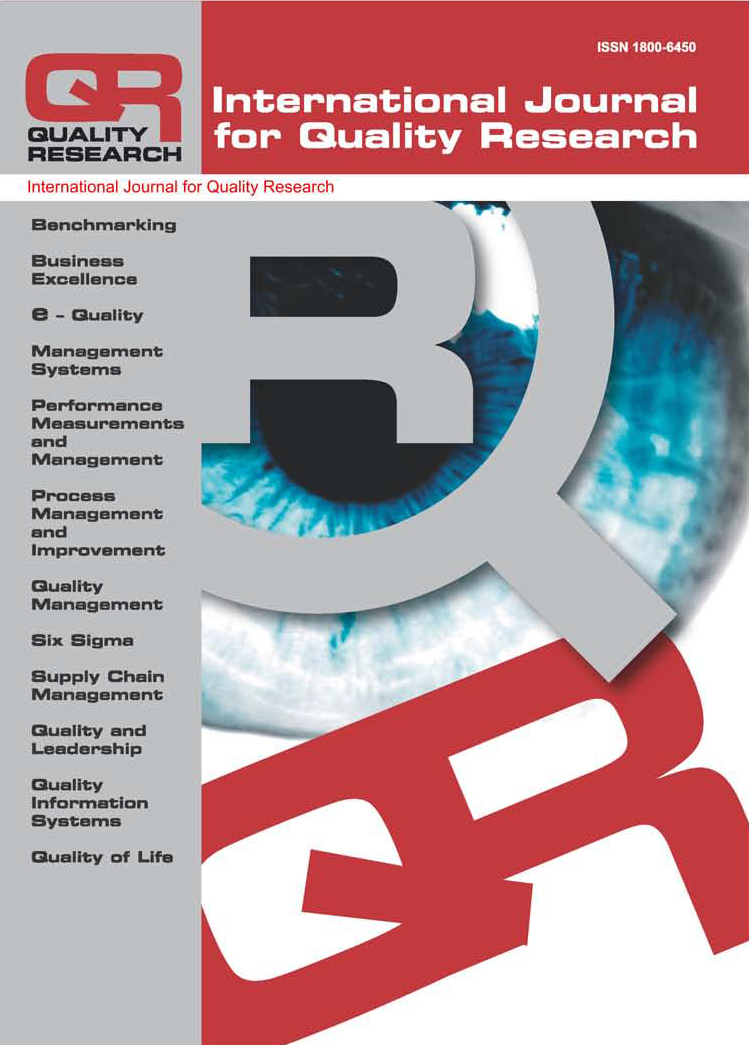ACHIEVING QUALITY IN INTERPERSONAL COMMUNICATION: A 'NEWPARADIGMATIC' MODEL OF EDUCATION AGAINST NARCISSISM
Marta Bogusławska-Tafelska, Alina-Andreea Dragoescu Urlica, Natalia Malenko
Abstract: The paper presents an extended version of a theoretical exploration proposing an intervention program to promote more sustainable and ecological modes of communication and collaborative education in language learning. Our joint project in progress is grounded on the framework of ecolinguistics and a 'newparadigmatic' school of thought which consists of shared interdisciplinary methodologies with expanded input from the life sciences, especially ecology. In our view, ecological communication and language learning are based on developing meaningful interpersonal relationships within disciplines in the humanistic area (such as foreign languages) and beyond the learning environment. The aim of this exploration is to investigate the psycho-linguistic quality and the potential of ecologically sustainable environments for learning how to communicate. The question raised in our preliminary study addresses the complexity of ecological models for language learning and promotes the high quality of language education from a meaningful eco-communicative perspective.
Keywords: English as a Foreign Language; Quality; Empathy; Sustainable education; Ecological communication
DOI: 10.24874/IJQR14.02-05
Recieved: 11.11.2019 Accepted: 13.03.2020 UDC: 005.6
Reads: 1472 







